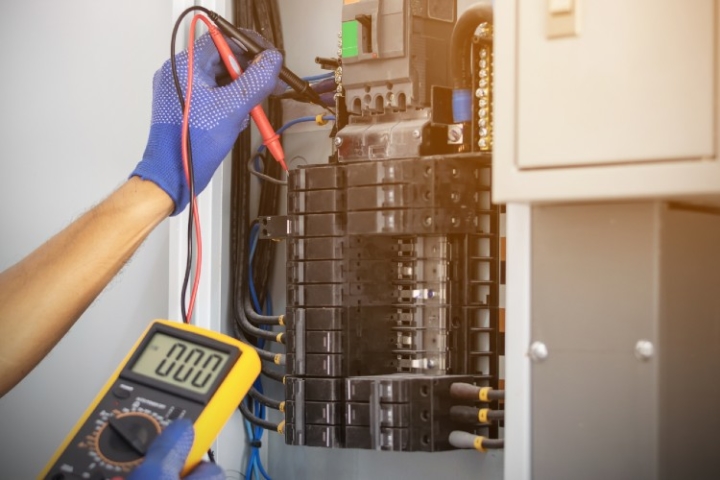
Building a home from the ground up is an exciting journey, but it requires careful planning and reliable financing. From selecting the right plot to finalizing interior finishes, every decision affects the overall project timeline and budget. Traditional mortgages are designed for existing properties and often don’t provide the flexibility needed for a construction project.
Planning Your Construction Project
Construction involves multiple phases, including foundation, framing, roofing, and finishing. Managing costs across these stages can be challenging without a proper financial plan. This is where construction loans come in. They provide funds in increments tied to construction milestones, allowing homeowners to cover expenses gradually while keeping the project on track. Borrowers typically pay interest only on the funds that have been drawn, which helps manage cash flow during the build.
Types of Construction Loans
There are two common types of loans designed for construction:
- Construction-to-Permanent Loans (C2P): This option covers the construction phase and automatically converts into a permanent mortgage once the home is completed. One closing simplifies the process and saves time and fees.
- Stand-Alone Construction Loans: These loans cover only the construction phase. After completion, a separate mortgage is needed to pay off the balance. This option provides flexibility but can be more costly due to multiple closings.
How Construction Loans Work
Funds are disbursed in stages according to a draw schedule. After each construction milestone, an inspector verifies progress before the next payment is released. This system ensures accountability, protects the lender’s investment, and guarantees that money is used only for completed work.
Benefits of Construction Loans
- Interest-Only Payments: Only pay interest on funds already used.
- Financial Oversight: Incremental funding helps prevent overspending.
- Full Customization: Design your home exactly as you envision it.
- Seamless Conversion: C2P loans transition smoothly into a permanent mortgage.
What Lenders Look For
Lenders assess the following to approve a construction loan:
- Builder credentials and experience.
- Detailed construction plans with accurate cost estimates.
- Borrower financial profile, including credit score, income, and reserves.
- Appraisal of the property’s projected value after completion.
Tips for a Smooth Construction Loan Experience
- Hire an experienced and licensed builder.
- Maintain consistent communication with your builder and lender.
- Plan for contingencies and unexpected expenses.
- Keep organized records of contracts, permits, and invoices.
Potential Challenges
Construction loans require more documentation than conventional mortgages. Delays due to weather, materials, or labor can impact the schedule. Additionally, design changes during construction can increase costs, so thorough planning is essential.
Conclusion
Building a home is a complex but rewarding process. With construction loans, you gain the financing structure, flexibility, and oversight needed to turn your plans into a finished home. Proper preparation and understanding of the loan process help ensure your project is completed on time, on budget, and exactly as envisioned.




More Stories
Electrician cedar park: How to Prepare Your Home for an Electrical Inspection
Pool Fence Installers in Ocala Chain Link and Farm Fence Experts in Florida
Chain Link Fence Ocala FL: A Practical and Dependable Choice